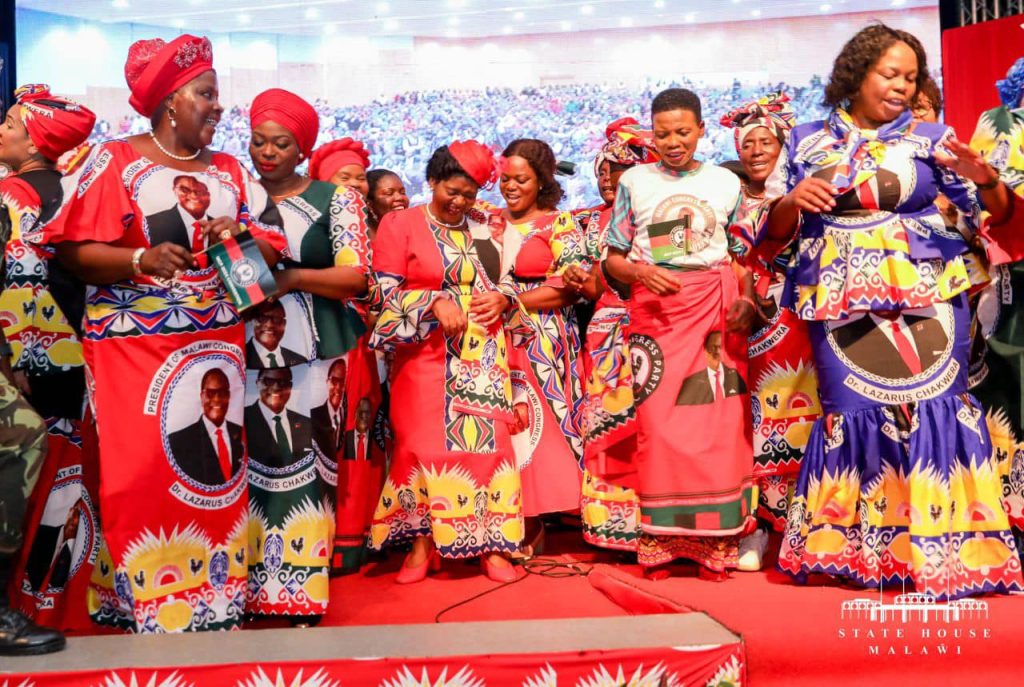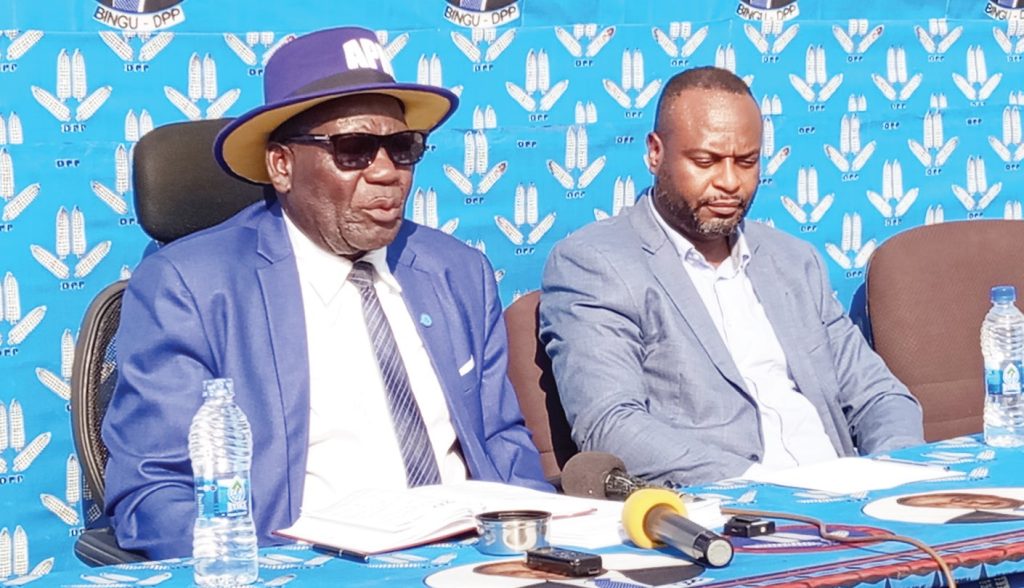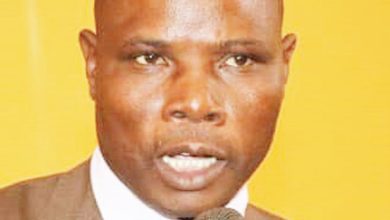Dark cash in politics
Collectively, the country ’s major political parties Malawi Congress Party (MCP) and Democratic Progressive Party (DPP) have pegged their respective convention budgets at K1.5 billion with a whopping K1 billion for the former.
But the money splashes have not gone unnoticed by watchdogs and have sparked fresh demands for political parties to come clean on funding sources amid corruption concerns and fears of competitive clientelism.

Yesterday, Malawi Law Society (MLS) honorary secretary Gabriel Chembezi said in a written response that Registrar of Political Parties (Ropp) Kizito Tenthani should invoke necessary legal instruments to ensure compliance with the Political Parties Act (PPA).
He said there are criminal sanctions directed at secretaries general of parties for failure to comply with the law or for providing false information in relation to donations.
Chembezi observed that Section 27 of the PPA makes it mandatory for parties to, within 90 days of receiving funding, disclose to Ropp the source of every donation with a monetary value of at least K1 million from an individual or at least K2 million from an organisation.
“With respect to the party conventions taking place in the run up to the 2025 General Elections, we expect the [Ropp] to ensure that donations given to political parties for the conduct of the conventions, are declared within 90 days of receipt as prescribed by law as he has the necessary legal instruments to ensure compliance with the law,” he said.

Tenthani promised to respond to our questions on how his office will enforce the law this time around after dithering for seven years since the new legislation came into force, but he had not reverted by press time.
In recent times, there has been growing frustration among governance experts and watchdogs, who say institutions mandated to enforce Malawi’s campaign finance laws are toothless in the face of big, undisclosed and unexplained money in political parties and individual politicians.
This is exposing the country’s electoral democracy framework to a kleptocracy—the use of political power for self-enrichment at the expense of the people and the nation—according to governance expert Henry Chingaipe.
In his analysis presented at a law conference in April this year, Chingaipe said failure to implement the political financing regulatory framework has contributed to corruption in the public sector, especially through public procurement and contract management to generate money to fund politics.
He said the weak implementation arrangements have also led to competitive clientelism where access to political power is largely based on ability to mobilise and spend money rather than ideas and capabilities for transformation.
Said Chingaipe in his analysis: “It enables money laundering as illicit money gets pumped into the economy through unregulated campaign financing, but also promotes patrimonial and oligarchic political parties, leading to serious deficits of intra-party democracy and a bankruptcy of futuristic and progressive ideas.”
In his write-up for The Nation yesterday, National Initiative for Civic Education (Nice) Trust executive director Gray Kalindekafe also complained that compliance by political parties to the PPA remains sub-optimal.
He called for urgent and full operationalisation of the Ropp’s office, saying limited resources and capacity within the office have hindered its ability to effectively monitor party financing.
“Parties have blatantly ignored the dictates of the Act which centre on transparency in party funding, resulting in rampant corruption and illicit funding,” he said.
Ahead of their convention set for 17-18 August, DPP spokesperson Shadric Namalomba said in an interview yesterday that his party will produce a report and make it available to the registrar.
He said DPP has been mobilising extra resources through their Blue Nights fundraising dinners.
“We cannot declare these donations because these are funds that do not surpass the K1 million thresholds for individuals and K2 million for organisations as stipulated in the Act,” Namalomba said.
He, however, said the party will comply with the PPA, especially on financial disclosures.
But he said DPP largely depends on money that comes through Parliament and they have been submitting audited financial reports to Ropp on the same.
Political parties that have amassed at least 10 percent of the national vote get funding from government in line with Section 40 (2) of the Malawi Constitution.
On his part, UTM publicity secretary Felix Njawala said in an interview yesterday that they have declared their donations to the registrar’s office although some donors want to remain anonymous.
He further argued that there is need for a law that can protect political party donors.
Section 23 (1) compels a political party which receives funding from government to declare its final accounts with the Registrar within six months after the end of each financial year.
We tried to get the status of MCP from its spokesperson Jessie Kabwila and secretary general Richard Chimwendo Banda, but they did not return our calls.
In May 2022, MLS dragged the then acting registrar of political parties Chikumbutso Namelo to court for failing to provide records of political party funding in line with the Act of 2018.
The High Court on May 19 2022 granted MLSpermission to apply for the judicial review.
In October 2022, the High Court dismissed an application by the Ropp to discharge permission for judicial review sought by MLS on grounds that MLS did not pay K20 000 to access the information as required by law.




